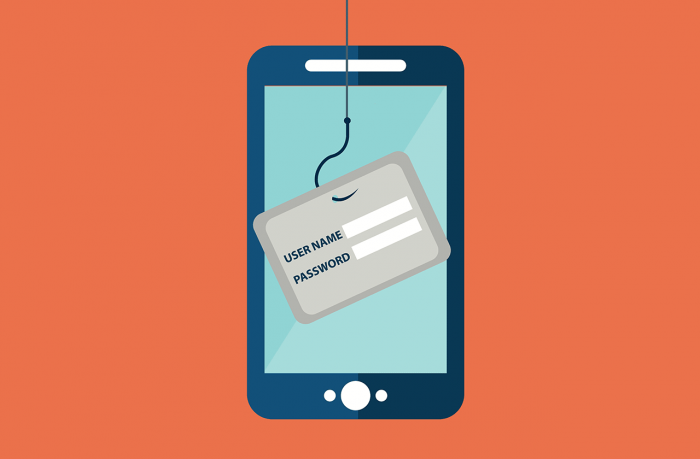
Lifehack: Treat your passwords as delicately as you treat your underwear
Kaspersky Lab has recently conducted an unusual research and proved that many users hardly care about security. Here is the reason to create reliable passwords for all of your accounts.
 passwords
passwords

 Android
Android



 aircrafts
aircrafts

 data
data

 Bitcryptor
Bitcryptor
 2016
2016

 apple
apple



